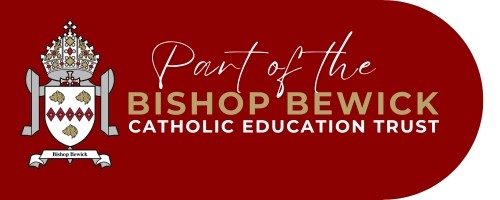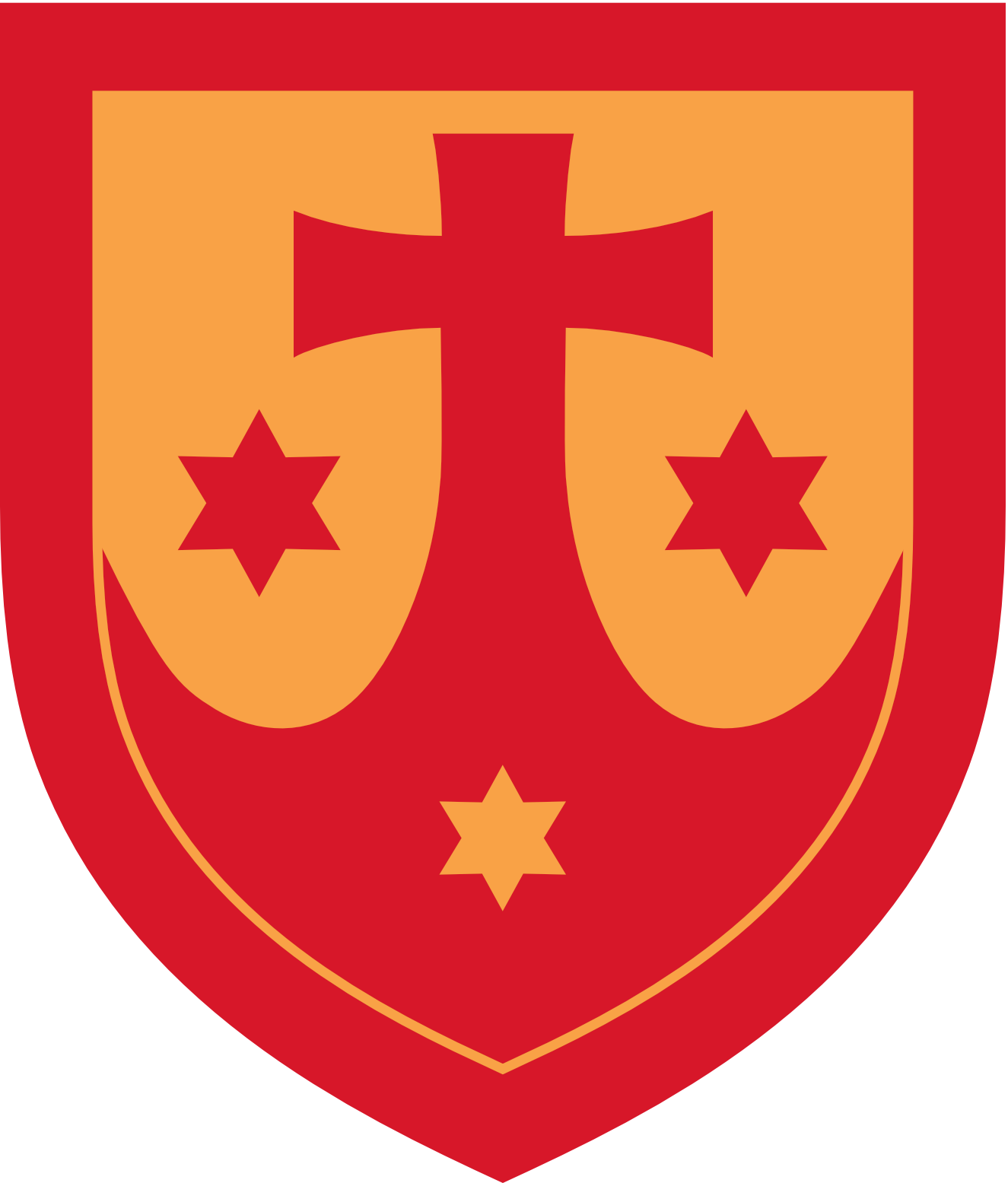
MATHS
INTENT:
We aim that all pupils:
Become fluent in the fundamentals of mathematics so that they develop conceptual understanding and the ability to recall and apply knowledge rapidly and accurately.
Can solve problems by applying their mathematics to a variety of problems with increasing sophistication, including in unfamiliar contexts and to model real-life scenarios.
Can reason mathematically by following a line of enquiry and develop and present a justification, argument or proof using mathematical language.
Our beliefs
We believe that ability within Mathematics is not fixed. We are developing the mindset of ‘We Can’ attitude with the children. We believe that through quality first teaching, intelligent practice, children learning together and immediate intervention that all children have the potential to ‘go deeper’ and broaden their understanding of mathematical concepts.
IMPLEMENTATION:
In every Mathematics lesson you will see the following:
‘Quality first’ teaching; tailored to meet the needs of the learners in each class, and immediate intervention to address gaps in learning where necessary.
Resilient learners with a ‘We Can’ attitude to Mathematics, whatever their previous level of attainment.
Teachers using high-quality questioning to explore children’s understanding and develop it further.
Teachers making use of misconceptions to further understanding of key concepts.
Teachers using a range of methods to explore key mathematical concepts which appeal to pupils’ different styles of learning, employing concrete/pictorial/abstract representations.
Learners being given the opportunity, through careful planning, to ‘linger longer’ on and ‘go deeper’ in mathematical concepts.
Pupils learning together.
Development of fluency, reasoning and solving.
Implementation of Mastering Number programme in EYFS and KS1.
Our pupils should:
Have a well-developed sense of the size of a number and where it fits into the number system.
Know by heart age-appropriate number facts such as number bonds, multiplication tables, doubles and halves.
Use what they know by heart to figure out numbers mentally.
Calculate accurately and efficiently, both mentally and in writing and paper, drawing on a range of calculation strategies.
Make sense of number problems, including non-routine/’real’ problems and identify the operations needed to solve them.
Explain their methods and reasoning, using correct mathematical language.
Judge whether their answers are reasonable and have strategies for checking them where necessary.
Suggest suitable units for measuring and make sensible estimates of measurements.
Explain and make predictions from the numbers in graphs, diagrams, charts and tables.
Develop spatial awareness and an understanding of the properties of 2D and 3D shapes.
Early Years Foundation Stage
Work undertaken within the Foundation stage is guided by the requirements and recommendations set out in the Early Years Statutory Framework. All children are given ample opportunity to develop their understanding of mathematics. Lessons in the early years follow a mastery approach and use concrete and pictorial representations to develop an understanding of mathematics. Children are encouraged to use, enjoy, explore, practice and talk confidently about mathematics using reasoning. The children are exposed to rich problems and use practical resources like Numicon, ten frames and other concrete material to master key concepts.
IMPACT:
Historically, our EYFS, KS1 and KS2 Maths results show that pupils achieve attainment scores which are in line with or above the national average in maths.
Children at St. Teresa’s receive a broad and balanced curriculum regardless of year group or ability. Every child accesses all subjects on offer at our school. In Maths, teachers plan following the National Curriculum objectives through the mastery approach thus ensuring clear progression of skills and knowledge.


